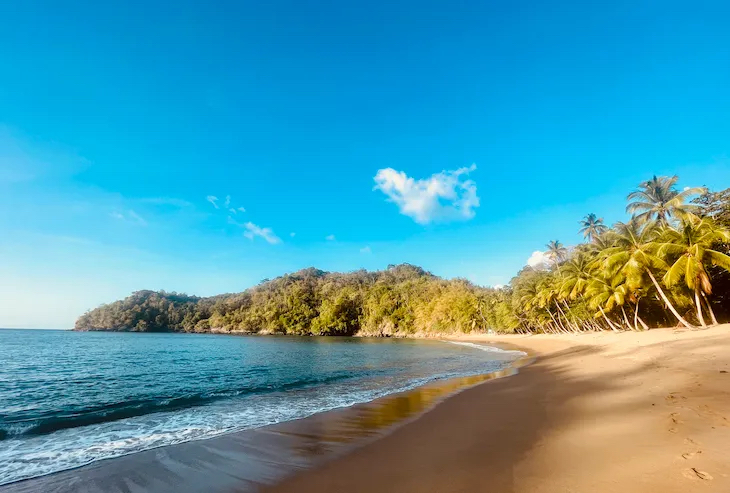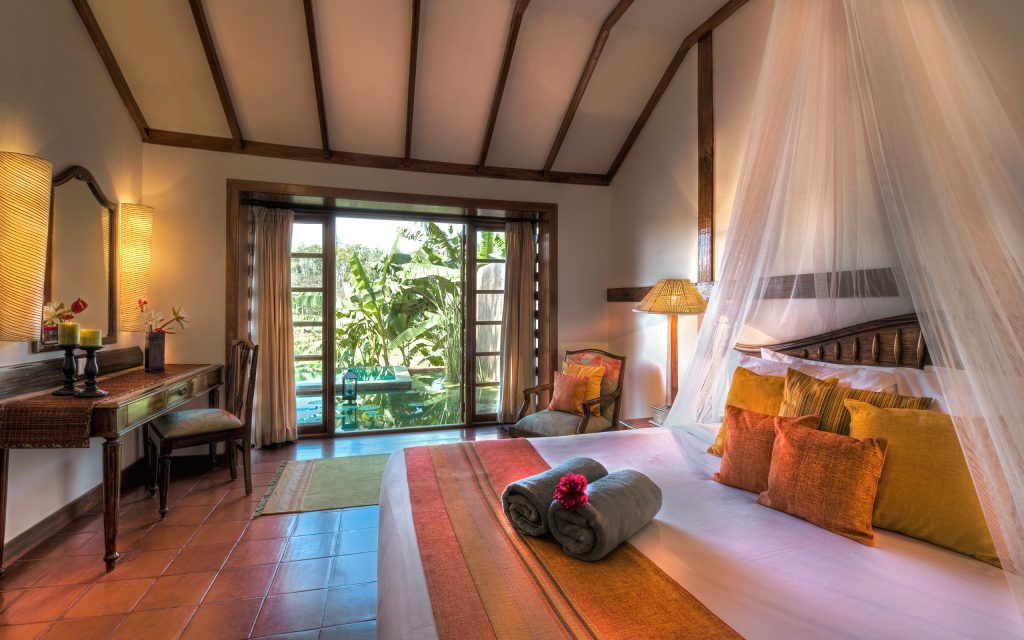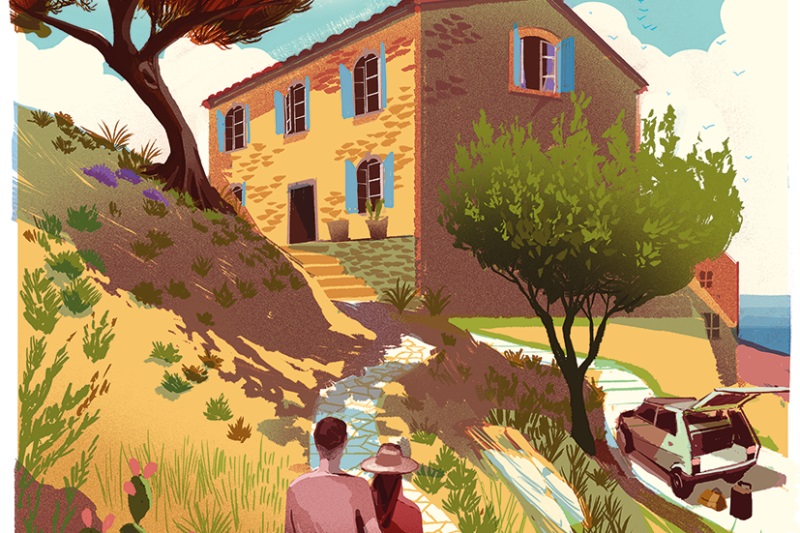Last week, the tiny Caribbean island of Tobago was left reeling after a British tourist staying there was attacked by a shark. Sixty-four-year-old Peter Smith was left with serious injuries to his left arm and leg, puncture wounds to his abdomen and injuries to his right hand after the attack. He is currently being treated at the island’s Scarborough General Hospital, where he is in a stable condition. The shark which bit him, believed to be a ten-foot long bull shark, has not yet been spotted or caught. Hotel staff, tour guides and boat owners will now be asking themselves if they could have done anything more to help prevent this terrible incident.
The beach where the tragedy struck is in Courland Bay on the southwestern edge of the island. It is a stunningly beautiful, gently curving beach, with golden, sloping sands and tall coconut palms. I have swum and snorkeled off that beach many times and so have my children. Our main concern has always been to avoid stepping on a sea urchin or a stonefish, I don’t think we ever once worried about marauding sharks.
The beach where the shark attack happened is where critically endangered giant leatherback turtles haul their way up the sands to lay their precious eggs in deep holes. Locals organize overnight patrols to ensure that these magnificent creatures can remain safe from poachers. If you ask, they’ll knock on your hotel door at 2 a.m. so you can come out and see them for yourself — from a respectful distance of course. It’s one of the most beautiful and unforgettable things I’ve ever witnessed.
I have vivid and wonderful memories of bobbing around in that warm Caribbean sea, watching shoals of flying fish and cormorants swooping low to try and catch them. By the sounds of it, Peter Smith, his wife and friends were doing exactly that on the last day of their holiday, when the shark attacked. It’s a terrifying reminder that we always enter the sea at our peril.
In scenes reminiscent of the first Jaws film, the Tobago authorities have closed the beaches on that side of the island. This couldn’t come at a worse time for the island’s tourist industry, which peaks from December to May. The entire island relies on having enough foreign visitors during this relatively short window to keep the population afloat during the six-month-long rainy season when the torrents make most outdoor activities impossible. If scared vacationers start to cancel now, it could have a big impact on the island’s economy.
At just 116 square miles, Tobago is charming, and despite this freak shark attack, it’s safe — crime remains low and there’s no malaria or Zika or venomous snakes. It lacks the petrochemical industrial wealth of its big brother island of Trinidad, so it’s relatively poor and tourism is absolutely vital for the islanders.
For anyone who’s visited both, Tobago couldn’t be more different from Trinidad where sharks are commonplace and are caught and served up as fried street food. Away from the beaches, tourists in Trinidad are strongly advised to avoid certain areas even in broad daylight because of drug-related gun crime.
Tobago is quite unlike other Caribbean islands. It is tucked away at the bottom of the island chain, less well known than its swankier sister destinations of Barbados, Jamaica and St. Lucia. The locals like to tell you how back in the 1970s a law was passed forbidding any new hotel to be taller than a palm tree. This prevented huge concrete monstrosities from dominating the coastline and helped Tobago retain its old-fashioned charm which is bolstered by genuinely friendly locals who still seem slightly bemused that tourists will pay good money to experience the environment that they think of as normal.
I must confess to an interest in its survival: my father was born and brought up in Trinidad and Tobago and came to England in the late 1950s as part of Windrush, so now whenever I visit, I like to think I’ve returned to my “other roots.”
So I wonder, if this bull shark is not caught then will tourists ever feel safe swimming off Tobago’s beaches again? How will Tobago recover its reputation as being a safe and secure place to visit? The statistics show that in the past twenty years there have been only two recorded shark attacks as far south as Tobago and neither of these was remotely near to the island’s beaches. But the fear of what lurks beneath can run deep and who doesn’t jump slightly when something brushes against your leg in the sea?
Tobago really is stunning, and deserves to be seen. It’s a haven for tropical wildlife, flora and fauna and even after all these years of tourism, remains relatively unspoiled. So if you’re already booked, don’t cancel. And if you’re wondering where to go on your next trip, don’t be put off. But perhaps make sure that you book somewhere with its own pool.
This article was originally published on The Spectator’s UK website.


























Leave a Reply